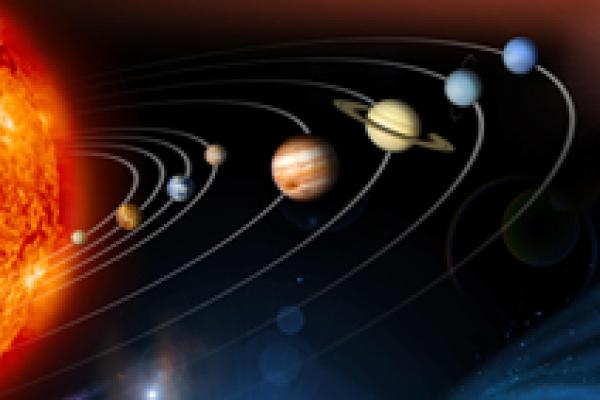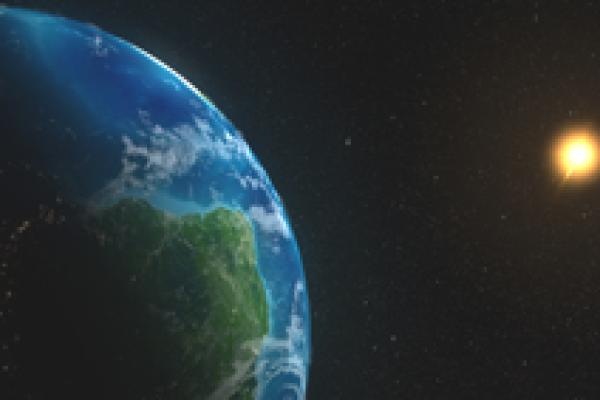News story

LIGO detects a new gravitational wave
The newly observed ripple in spacetime will help us unlock some of the secrets of the Universe.




That geometry should be relevant to physics is no surprise — after all, space is the arena in which physics happens. What is surprising, though, is the extent to which the geometry of space actually determines physics and just how exotic the geometric structure of our Universe appears to be. Plus met up with mathematician Shing-Tung Yau to find out more.